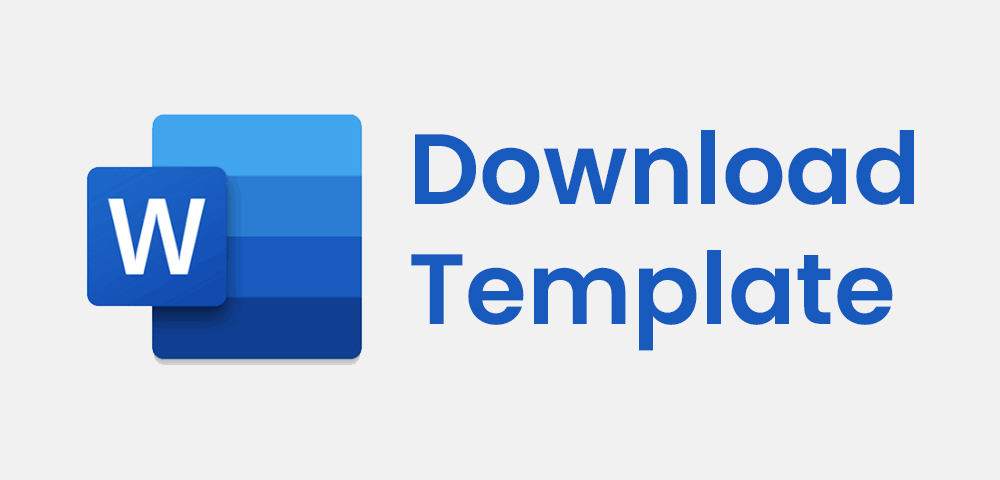The Effectiveness of Technology Integration in Arabic Language Learning: Systematic Literature Review
Abstract
Keywords
Full Text:
PDFReferences
Agustina, R., Zaim, M., Effendi Thahar, H., Afroka Program Studi Doktor Ilmu Keguruan Bahasa, M., Negeri Padang Jl Hamka, U., Tawar Bar, A., Padang Utara, K., Padang, K., Barat Akademi Manajemen Informatika dan Komputer Kosgoro, S., Jl RSDK No, S., Panjang Kota Solok, K., & Barat, S. (2024). Penggunaan Teknologi Artificial Intelligence (AI) dalam Pembelajaran Bahasa di Madrasah: Systematic Literature Review. Jurnal Pendidikan Agama Islam Al-Thariqah, 9(1). https://doi.org/10.25299/al-thariqah.
Al-Arif, A. H., & Gumiandari, S. (2024). Pembelajaran Bahasa Arab di Era Digital: Tantangan Implementasi, dan Peluang. Jurnal Ilmu Pendidikan, 2(7), 987-998.
Alafnan, M. A. (2025). Artificial Intelligence and Language : Bridging Arabic and English with Technology. 6798, 240-256.
Burhanuddin, B. (2024). Pengembangan Materi Ajar Berbasis Komunikasi Dalam Pendidikan Bahasa Arab. Jurnal Pendidikan Indonesia, 4(12), 1318-1328. https://doi.org/10.59141/japendi.v4i12.2583
Burhanuddin, B., & Lailawati, L. (2024). Penggunaan Platform Online dalam Pengajaran Matakuliah Al-Hadis dalam Bahasa Arab. Aphorisme: Journal of Arabic Language, Literature, and Education, 5(1), 220-237. https://doi.org/10.37680/aphorisme.v5i1.5642
Evy Nur Rohmawaty, Danial Hilmi, M Sholih Salimul Uqba, & Ummu Sulaimah Saleh. (2024). Peran Artificial Intelligence (AI) dalam Pembelajaran Bahasa Arab Mahasiswa Pascasarjana UIN Maulana Malik Ibrahim Malang. Khatulistiwa: Jurnal Pendidikan Dan Sosial Humaniora, 4(3), 316-328. https://doi.org/10.55606/khatulistiwa.v4i3.4023
Hartono, N. (2025). Rekonstruksi Pendidikan Islam Berbasis Technoscience : Optimalisasi Kecerdasan Buatan Untuk Pembelajaran Inovatif. 20(2), 73-86.
Huda, K., & Wulandari, N. (2022). Media Pembelajaran Bahasa Arab Berbasis E-Learning. Kalimatuna: Journal of Arabic Research, 1(2), 191-210. https://doi.org/10.15408/kjar.v1i2.28277
Ikawati, W., Nuraini, H., & Swara, M. M. (2022). Pendidikan Di Era.
Khasanah, M. (2024). Tantangan Penerapan Teknologi Digital dalam Pendidikan Islam : Memanfaatkan Inovasi untuk Meningkatkan Mutu Pembelajaran. 2(2), 282-289. https://doi.org/10.32939/ljmpi.v2i2.4240
Muzakki, A. A., Harisca, R., & Abdilah, H. I. (2025). Transformasi Pembelajaran Bahasa Arab Di Era Digital: Antara Inovasi Teknologi Dan Tantangan Penerapan. Qolamuna: Keislaman, Pendidikan, Literasi, Dan Humaniora, 2(1), 37-48. http://jurnal.qolamuna.id/index.php/JQ
Nabila Luqiana, J., & Al-Rasyid, H. (2021). Pengembangan Media Pembelajaran Bahasa Arab Berbasis Web WordPress Untuk Siswa Kelas IX. Journal Education, 4(4), 474-483.
Nasution, S., Asari, H., Al-Rasyid, H., Dalimunthe, R. A., & Rahman, A. (2024). Learning Arabic Language Sciences Based on Technology in Traditional Islamic Boarding Schools in Indonesia. Nazhruna: Jurnal Pendidikan Islam, 7(1), 77-102. https://doi.org/10.31538/nzh.v7i1.4222
Novita, A., & Munawir, M. (2022). Media Pembelajaran Bahasa Arab Berbasis Teknologi Informasi Komunikasi pada Pembelajaran Daring di Sekolah Dasar. Edukatif : Jurnal Ilmu Pendidikan, 4(1), 1378-1386. https://doi.org/10.31004/edukatif.v4i1.1947
Rahmalia, F. (2023). Implementasi Pembelajaran Bahasa Arab Dengan Pemanfaatan Teknologi. Kaisa: Jurnal Pendidikan Dan Pembelajaran, 3(2), 96-106. https://doi.org/10.56633/kaisa.v3i2.484
Rani, S. A., Zikriati, Muhammady, A., Syukran, S., & Ali, B. (2023). Arabic Language Learning Based on Technology (Opportunities and Challenges in the Digital Era). International Journal of Education, Language, and Social Science, 1(1), 1-6. https://ijelass.darulilmibinainsan.or.id/index.php/ijelass/article/view/4
Ritonga, M., Mudinillah, A., Wasehudin, W., Julhadi, J., Amrina, A., & Shidqi, M. H. (2024). The effect of technology on Arabic language learning in higher education. Journal of Education and Learning, 18(1), 116-127. https://doi.org/10.11591/edulearn.v18i1.20867
Wijaya, I. S., & Ramadhan, G. (2024). JTIM : Jurnal Teknologi Informasi dan Multimedia Aplikasi Edukasi Pengenalan Bahasa Arab Berbasis Augmented Reality Studi Kasus : Madrasah Ardhal-Haq. 6(3), 271-282.
Yanda, M., Arab, P. B., & Pendidikan, E. (2024). BAHASA ARAB BERBASIS KOMPETENSI DI ERA. 7, 6285-6293.
DOI: http://dx.doi.org/10.30821/ihya.v11i3.25866
Refbacks
- There are currently no refbacks.
Diindeks oleh:
Jurnal Ihya Al-Arabiyah © 2015 by UIN Sumatera Utara is licensed under CC Attribution 4.0 International










